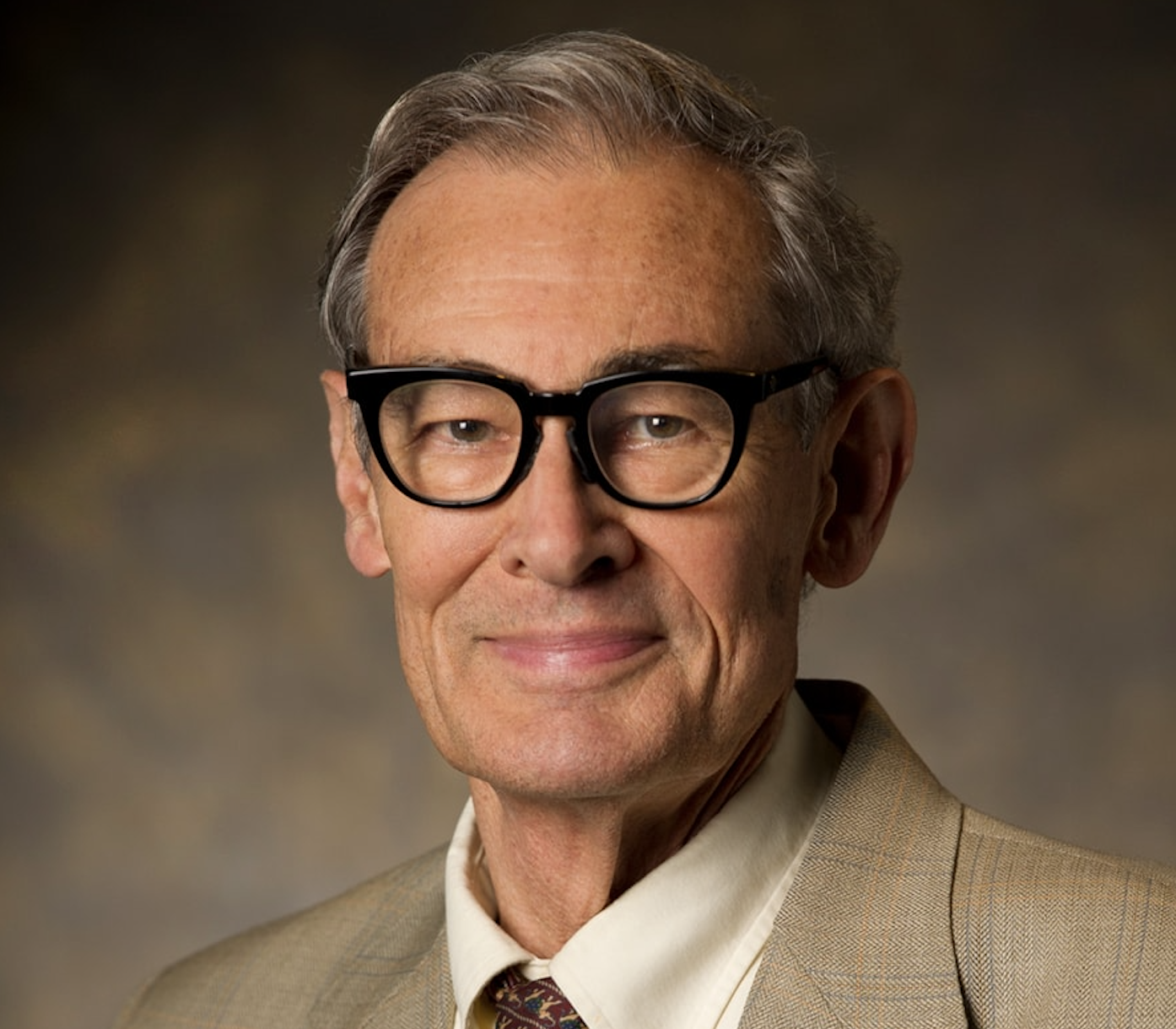

As co-blogger Scott Sumner noted a little while ago, monetary economist Ben McCallum has died. He was 87.
Ben wrote the article on Monetarism for the second edition of The Concise Encyclopedia of Economy. I chose him because of his wide knowledge and clarity of expression. I was not disappointed on either.
Here’s his opening paragraph:
Monetarism is a macroeconomic school of thought that emphasizes (1) long-run monetary neutrality, (2) short-run monetary nonneutrality, (3) the distinction between real and nominal interest rates, and (4) the role of monetary aggregates in policy analysis. It is particularly associated with the writings of Milton Friedman, Anna Schwartz, Karl Brunner, and Allan Meltzer, with early contributors outside the United States including David Laidler, Michael Parkin, and Alan Walters. Some journalists—especially in the United Kingdom—have used the term to refer to doctrinal support of free-market positions more generally, but that usage is inappropriate; many free-market advocates would not dream of describing themselves as monetarists.
And one of his concluding paragraphs:
What is left today of monetarism? While some disagreement remains, certain things are clear. Interestingly, most of the changes to Keynesian thinking that early monetarists proposed are accepted today as part of standard macro/monetary analysis. After all, the main proposed changes were to distinguish carefully between real and nominal variables, to distinguish between real and nominal interest rates, and to deny the existence of a long-run trade-off between inflation and unemployment. Also, most research economists today accept, at least tacitly, the proposition that monetary policy is more potent and useful than fiscal policy for stabilizing the economy. There is some academic support, and a bit in central bank circles, for the real-business-cycle suggestion that monetary policy has no important effect on real variables, but this idea probably has marginal significance. It is hard to believe that the major recession of 1981–1983 in the United States was not caused largely by the Fed’s deliberate tightening of 1981—a tightening that shows up in ex-post real interest rates and in M1B growth rates as adjusted by the Fed at the time (Table 1, column 6) to take account of major institutional changes.
But don’t miss his discussion of the so-called “monetarist experiment” under Fed Chair Paul Volcker.
As Scott pointed out, he was very kind and generous. I first met him, I believe, at the fall 1975 Carnegie-Rochester conference at Carnegie Mellon University in Pittsburgh, during my first year as an assistant professor of economics at the University of Rochester’s Graduate School of Management. What stands out in my mind is that he raised his tall frame to make a critical comment on a paper that has just been presented and then ended with, “I liked the paper.” People responded by smiling and/or laughing appreciatively at his clear ability to distinguish a criticism from an attack.

Comments are closed.